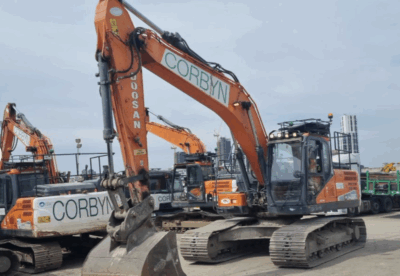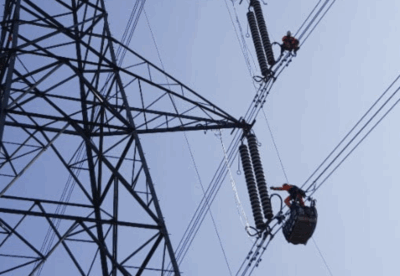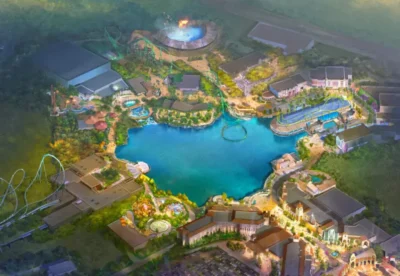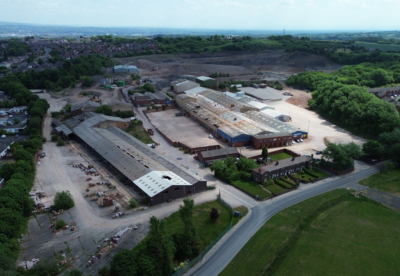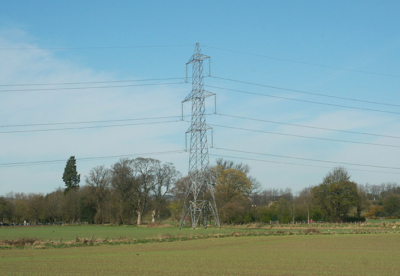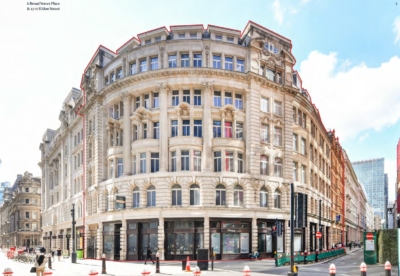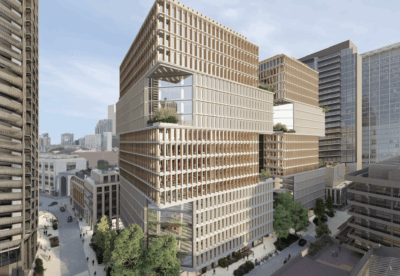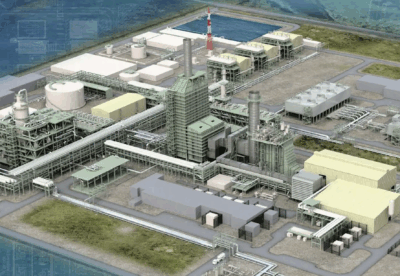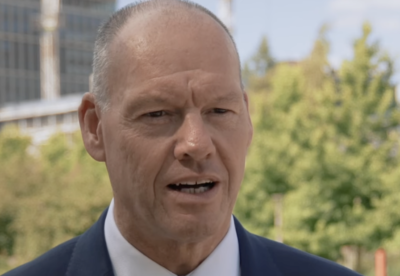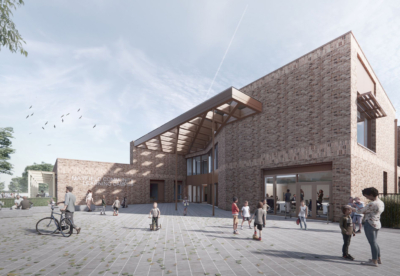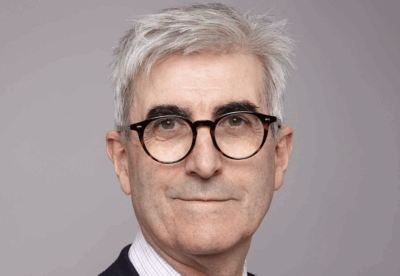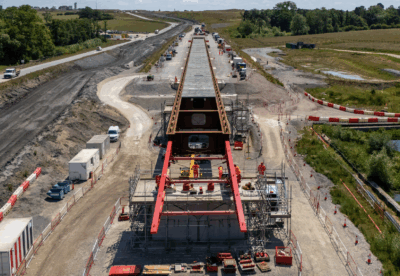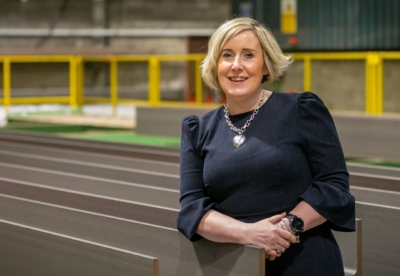The 46-storey structure is the City of London’s tallest building and brings another 439,560 sq ft of office space to the market. No lettings have been confirmed to date.
But developer Heron International chief executive Gerald Ronson was one of the few people to take a punt during the downturn and continue construction of his mega-scheme rather than put the project on hold.
The gamble appears to be paying off with rents on the rise again as a shortage of new office space in the City has been created by a dearth of new building work during the recession.
Ronson said: “Whether this is by luck or judgment, I believe that Heron Tower has come to market at the right time.”
His optimism is backed-up by experts at Jones Lang LaSalle who are highlighting a shortage of prime space in central London.
Neil Prime, Head of Markets at Jones Lang LaSalle said: “We anticipate the continued reduction of Grade A supply and therefore we will see continued rental growth. This supply led recovery will continue due to the lack of speculative development underway to be delivered in the next 2-3 years.”
A Heron International spokesman said: “Marketing only started on Heron Tower a month ago, so there’s no news on lettings at the moment, although initial interest has been strong.”
Ronson has confirmed his faith in the central London market with plans submitted for a £500m hotel, residential and retail scheme next to the Heron Tower.
The 42-storey Heron Plaza will be anchored by a Four Seasons Hotel and Residences complex containing 190 guest rooms and 120 luxury flats.
Ronson said: “This genuine mixed use centre will be a model for sustainable urban development in the Capital. It will create a new public open space, scarce and highly valued in a densely built part of the City. It will provide much needed, unparalleled hotel and residential facilities which reflect London’s status as the financial capital of the world and support the City’s core mission as a centre for business and excellence.”
But Ronson is worried that any upturn in the economy is being concentrated in London leaving the rest of the country trailing.
He said: “I spend 12 hours, once a week, driving around the country. I don’t like what I see. We are creating a two-tier country where I fear that the consequential effects of significant unemployment will be social unrest.”





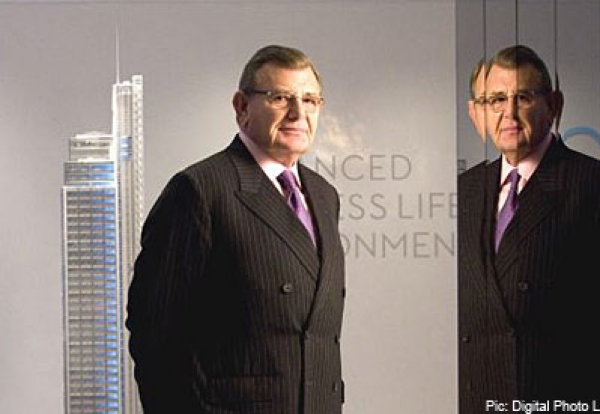


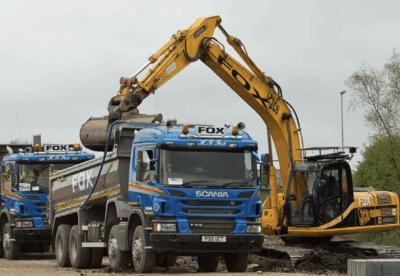
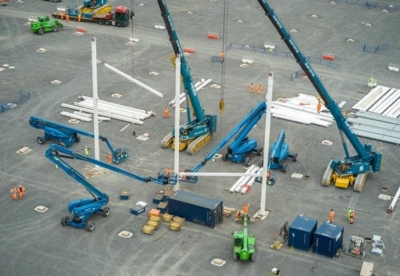


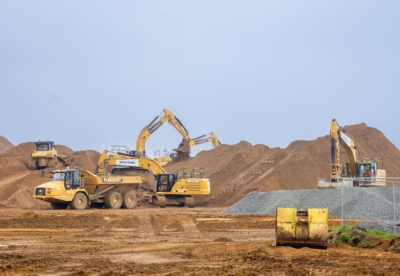
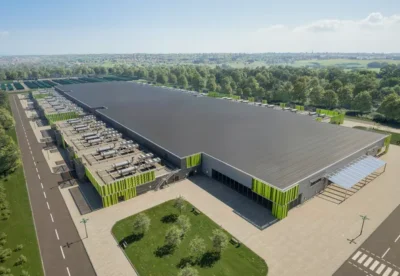
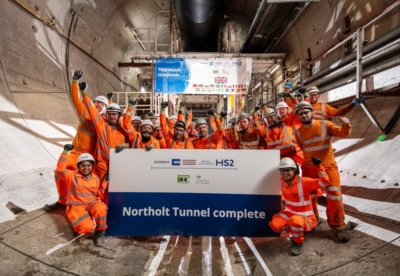
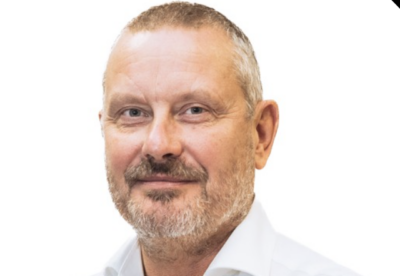
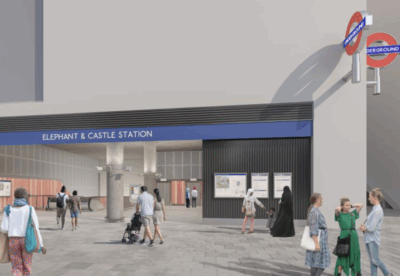
 (300 x 250 px) (2).png)
